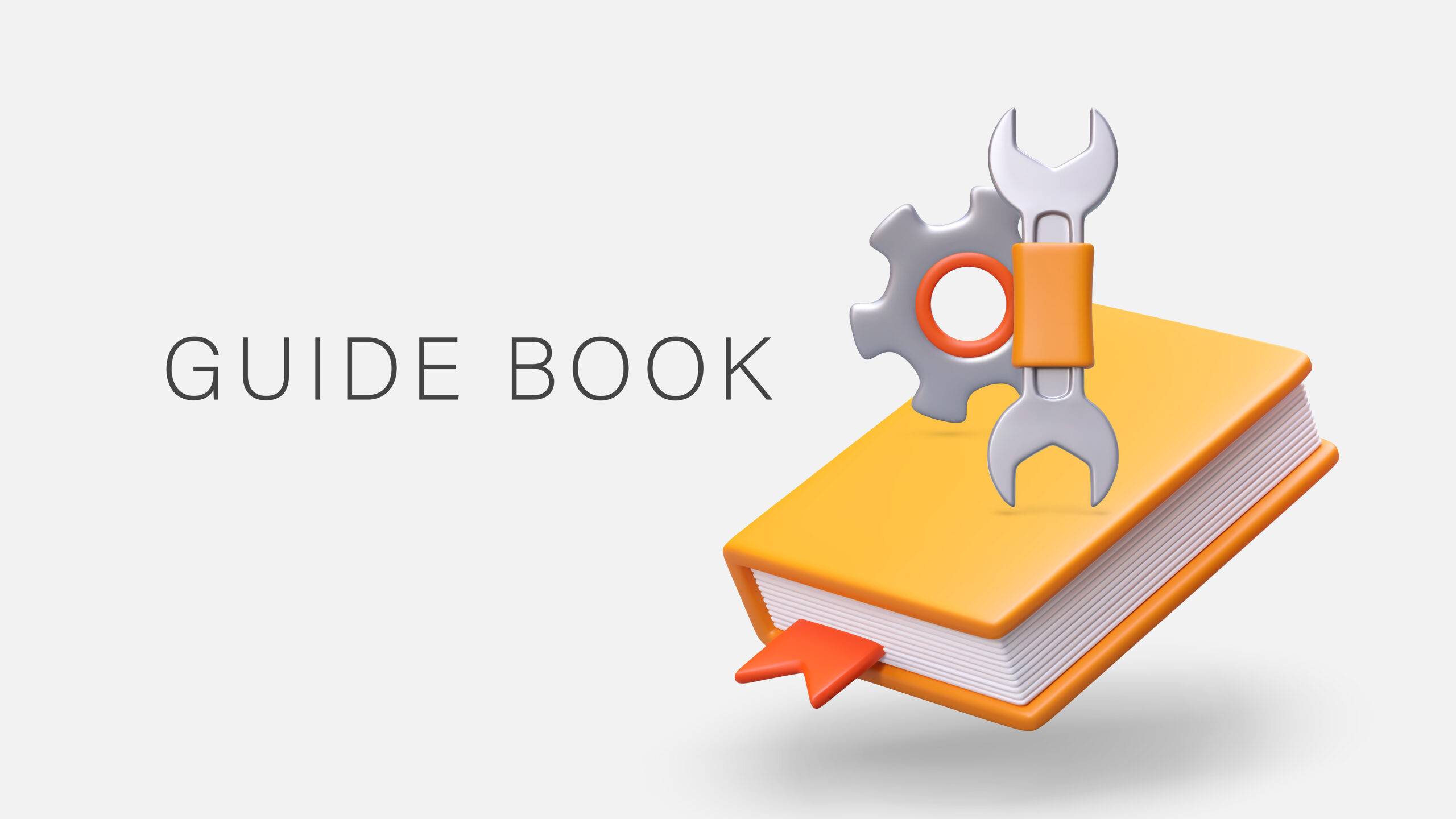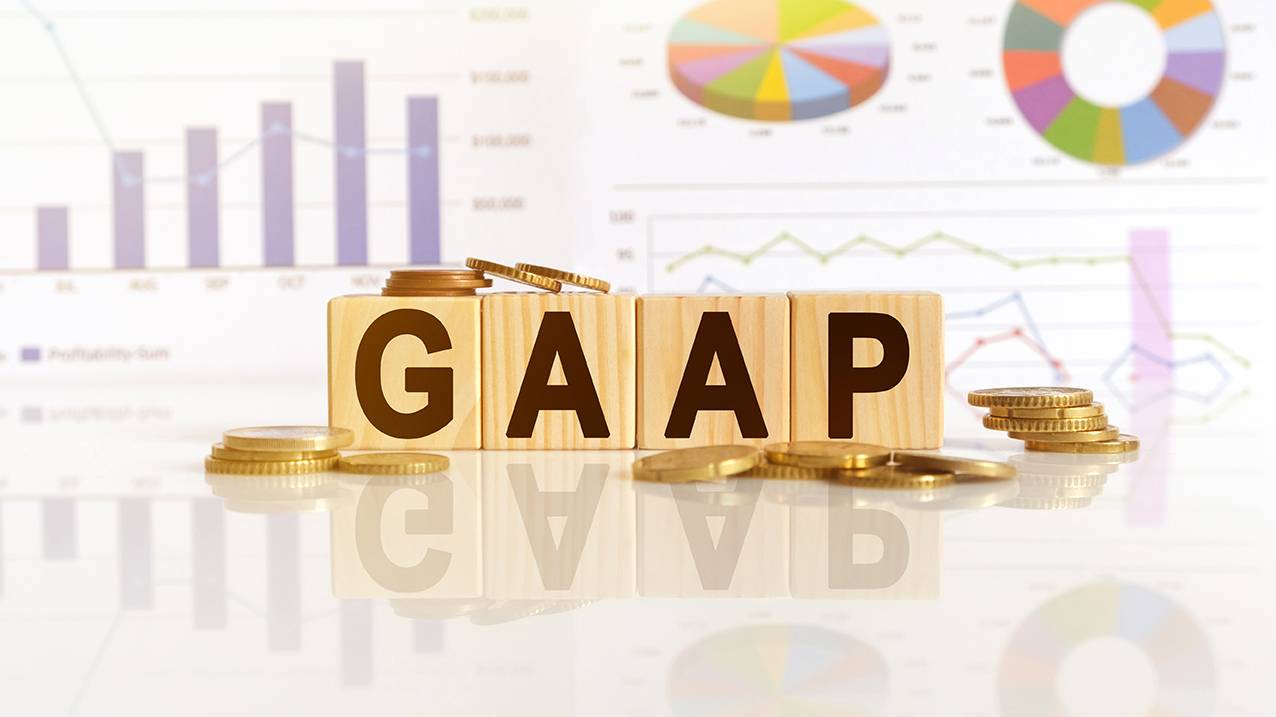Self-Study
Hospitality Accounting
Specialized accounting strategies for hotels, restaurants, and more in today's dynamic service environment.

$399.00 – $439.00
Webcasts are available for viewing Monday – Saturday, 8am – 8pm ET.
Without FlexCast, you must start with enough time to finish. (1 Hr/Credit)
Please fill out the form below and we will reach out as soon as possible.
CPE Credits
19 Credits: Accounting
Course Level
Overview
Format
Self-Study
Course Description
The hospitality industry, with its unique challenges like seasonal demand, high fixed costs, and rapid inventory turnover, requires an accounting system distinctly tailored to its dynamic nature. “Hospitality Accounting,” led by instructor Steven M. Bragg, addresses the need for specialized knowledge in financial and managerial accounting within this sector. For accountants working in hotels, restaurants, spas, and similar businesses, understanding these specific requirements is crucial to success.
This online hospitality accounting CPE course goes beyond basic concepts, delving into the preparation of various financial statements and the detailed accounting processes involved in constructing them. This CPA CPE course covers key financial accounting topics such as payroll, fixed assets, and payables, as well as managerial aspects like budget construction, price formulation, cost-volume-profit analysis, and effective cash management. Participants will gain not only theoretical knowledge but also practical skills, essential for proficiently managing the accounting demands of the hospitality industry.
Learning Objectives
Upon successful completion of this course, participants will be able to:
Chapter 1
- Cite the operating characteristics of the hospitality industry.
Chapter 2
- State the intent of the accounting cycle.
- Cite key accounting principles.
- Cite the source of the information in the trial balance.
Chapter 3
- Identify the different types, contents, and formats of the financial statements.
Chapter 4
- Cite the different types of receivable and payable transactions.
- Identify the documents associated with the processing of receivables and payables.
Chapter 5
- Cite the forms used in the payroll process.
- Identify the methods for calculating compensation and depositing tax remittances.
Chapter 6
- Identify the types of inventory systems and cost layering methods.
- Cite the calculations used to estimate ending inventory.
Chapter 7
- Identify the costs included in fixed assets, and the concepts used in the calculation of depreciation.
Chapter 8
- Identify the types of projects for which interest should be capitalized.
- Identify when such capitalization should be terminated.
Chapter 9
- Cite the items included in interest expense and the loan amortization table.
Chapter 10
- Identify the tax reports associated with each type of business entity.
Chapter 11
- Identify the costs considered to be startup costs.
- Cite the advantages of selling gift cards to customers.
Chapter 12
- Define types of controls.
- Identify the controls that apply to each functional area of a business.
Chapter 13
- Compare the types of pricing systems in use in the hospitality industry.
- Identify the impact of inelastic demand on price setting.
Chapter 14
- Identify the flaws in the ratios used to analyze the hospitality industry.
Chapter 15
- Identify the types of costs of cost management.
- Identify the benefits of cost management.
Chapter 16
- Cite the calculations for contribution margin, breakeven, cost-volume-profit analysis, and sales mix variance.
Chapter 17
- Identify the disadvantages of budgeting in general and flexible budgeting.
- Perform the calculation of the different types of variances.
Chapter 18
- State the components of the cost of capital, and the types of analysis techniques used in capital budgeting.
Chapter 19
- Cite the information used to derive a lease rate.
- Identify the conditions under which it makes the most sense to use different types of leases.
Chapter 20
- Identify the advantages and disadvantages of a cash concentration system and a notional pooling system.
- Identify the content of the short-term and medium-term cash forecasts.
Chapter 21
- Cite the composition of the cash conversion cycle.
- Identify ways to improve working capital cash flow.
Course Specifics
SS1153414
February 12, 2024
There are no prerequisites.
None
398
Compliance Information
CMA Notice: Western CPE makes every attempt to maintain our CMA CPE library, to ensure a course meets your continuing education requirements please visit Insitute of Management Accountants (IMA)
CFP Notice: Not all courses that qualify for CFP® credit are registered by Western CPE. If a course does not have a CFP registration number in the compliance section, the continuing education will need to be individually reported with the CFP Board. For more information on the reporting process, required documentation, processing fee, etc., contact the CFP Board. CFP Professionals must take each course in it’s entirety, the CFP Board DOES NOT accept partial credits for courses.
Meet The Experts

Steven M. Bragg, CPA, is a full-time book and course author who has written more than 300 business books and courses. He provides Western CPE with self-study courses in the areas of accounting and finance, with an emphasis on the practical application of accounting standards and management techniques. A sampling of his courses include the The New Controller Guidebook, The GAAP Guidebook, Accountants’ Guidebook, and Closing the Books: An Accountant’s Guide. He also manages the Accounting Best Practices podcast. Steven has been the CFO or controller of both public and private companies and has been a consulting manager with Ernst & Young and …
Related Courses
-
 Accounting
Accounting
Accountants’ Guidebook
Steven M. Bragg, CPA QAS Self-Study
Credits: 30 $600.00
QAS Self-Study
Credits: 30 $600.00$600.00 – $640.00
-
 Accounting
Accounting
Accounting Fraud: Recent Cases
Joseph Helstrom, CPA QAS Self-Study
Credits: 1 $29.00
QAS Self-Study
Credits: 1 $29.00$29.00 – $49.00
-
 Accounting
Accounting
GAAP Guidebook
Steven M. Bragg, CPA QAS Self-Study
Credits: 29 $580.00
QAS Self-Study
Credits: 29 $580.00$580.00 – $620.00
